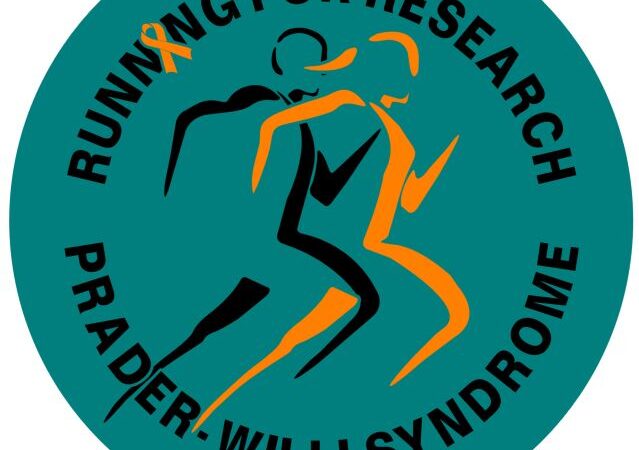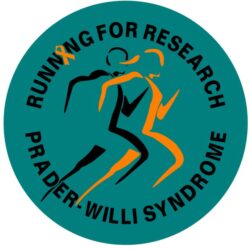Gross motor skills can be challenging for those with PWS. Infants typically demonstrate hypotonia leading to a delay in the achievement of gross motor milestones. Sitting is usually around 12 months, walking at 24 months. Developmental skills should be closely monitored and Early Intervention should begin as soon as possible. Overeating and obesity may become …

